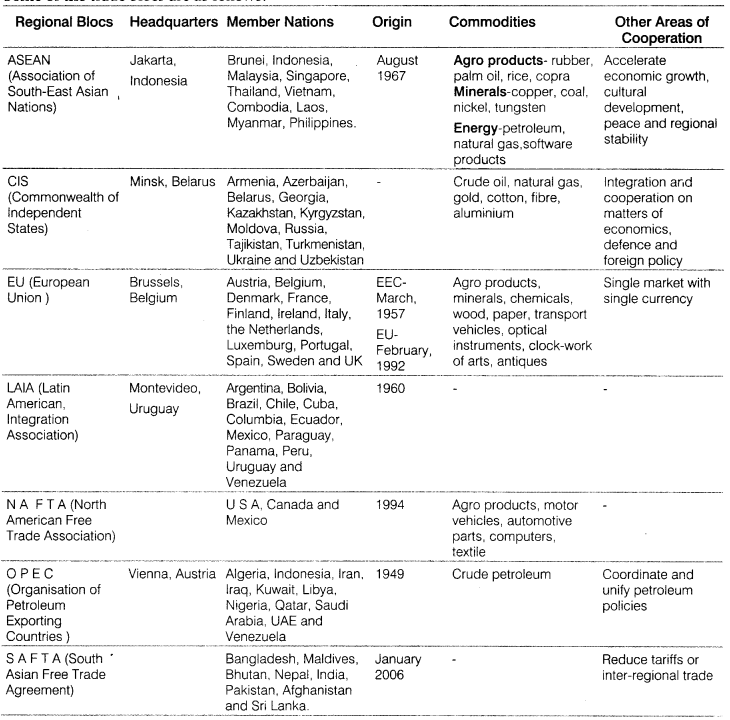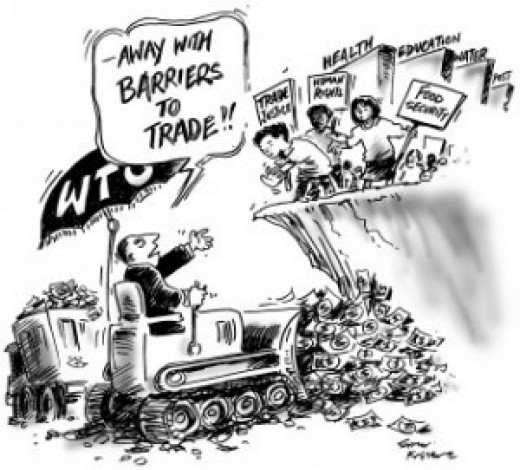
If you know of missing items citing this one, you can help us creating those links by adding the relevant references in the same way as above, for each refering item. You can help adding them by using this form. We have no bibliographic references for this item. It also allows you to accept potential citations to this item that we are uncertain about. This allows to link your profile to this item. If you have authored this item and are not yet registered with RePEc, we encourage you to do it here.
#IMPACT OF WTO ON TRADING BLOCS HOW TO#
See general information about how to correct material in RePEc.įor technical questions regarding this item, or to correct its authors, title, abstract, bibliographic or download information, contact. When requesting a correction, please mention this item's handle: RePEc:iie:ppress:72. You can help correct errors and omissions. Suggested CitationĪll material on this site has been provided by the respective publishers and authors.
#IMPACT OF WTO ON TRADING BLOCS FREE#
In conclusion, Frankel proposes several policy prescriptions for pursuing partial regional liberalization among blocs as a stepping stone toward global free trade. Frankel's study also assesses the political and economic dimensions of regionalization and its implications for world economic prospects and public policy. He considers regionalism at two levels: both the formal trading arrangements that are already in effect, and the broader continent-sized groupings that are under discussion (the Americas, Europe, and the Asia Pacific).

More balanced patterns of liberalization, however, give favorable outcomes. He concludes that a move to complete liberalization within blocs, with no reduction in barriers between blocs, would push the trading system into the supernatural zone of an excessive degree of regionalization. He then assesses whether regional blocs are "natural" or "supernatural"-that is, whether they enhance or reduce global welfare. Jeffrey Frankel shows through extensive empirical analysis that the new breed of preferential trade arrangements are indeed concentrating trade regionally. Others are hopeful that regional agreements will go beyond what was achieved in the Uruguay Round and instead become building blocks for further global liberalization and WTO rules in new areas. Some observers worry that the multilateral system may be fracturing into discriminatory regional blocs. Name of the instructor: Dr.The rapid growth of regional trading relationships in Europe, Asia, and Latin America has raised policy concerns about their impact on excluded countries and on the global trading system. Future projections of world economy in the midst of COVID 19.Factors affecting regional economic cooperation (RECs).

World Trade Vs GDP (Production) growth under WTO.



 0 kommentar(er)
0 kommentar(er)
